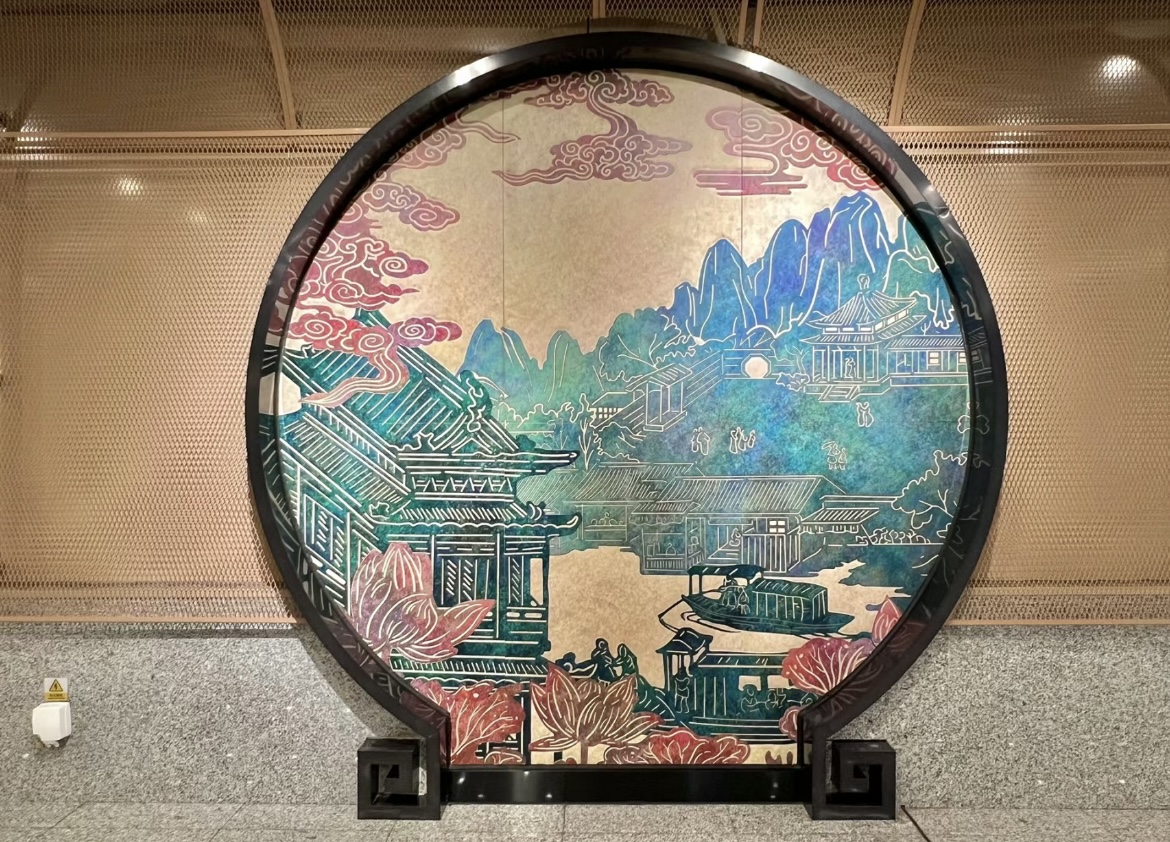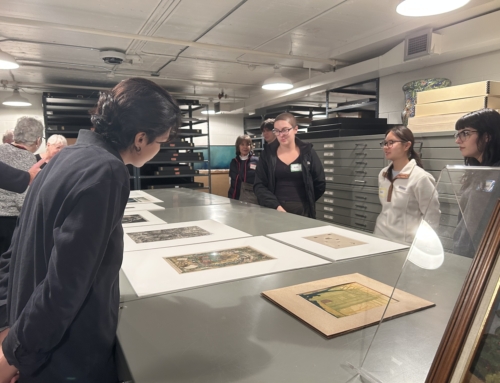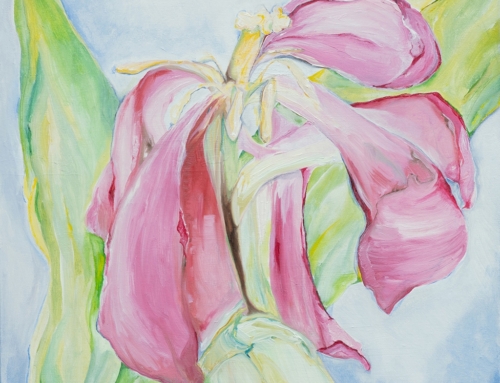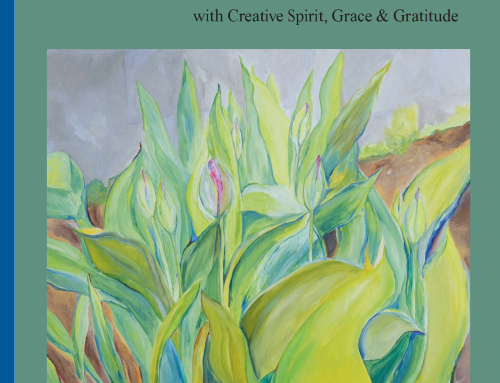Filial Piety – The Asian Culture of Care by Eva Wang Student Volunteer):
About 12 years ago, I immigrated from my past hometown, Beijing, China to step on the Western side of the world, Ontario, Canada. Saying goodbye to my grandparents, older relatives in tears, getting used to the 13 hours of time differences, FaceTiming with my grandparents….. As I grew older, reminiscing about the time when my grandparents took care of the younger me, a sense of guilt, and shame grew where I did not fulfill the norm of ‘filial piety’. Coming from an Asian heritage, we place older generations on a pedestal for their wisdom and knowledge as they lived longer and had more experience in life. Living on the other side of the world and integrating Western cultural values has long been a fascinating experience.
Filial Piety – ‘Xiao’
Filial Piety (commonly known as ‘Xiao’) is a familiar central concept in Asian societies, serving as the norm for the relationship between older parents and their adult children. This concept is derived from the Confucian culture where the virtues, and practices of honoring, respecting, and caring for one’s parents, older relatives, and ancestors are the basis of human-heartedness (“Ren”). Adult children view this tradition as their responsibility to ‘give back’ to their parents and to care for their older parents until they die. Chinese parents selflessly care for their adult children, and give blessings to their children who live abroad, where for adult children, we would acknowledge this with gratitude, then give it back to our older parents through ‘filial piety’. For many Western Europeans, the term “filial piety” is something that people can choose to do, not everyone expected to care for their parents. As the ancient Chinese Philosopher Mencius once said, “Extend the respect of the elderly in one’s family to that of others; extend the love of young ones in one’s family to that of others.”
Although filial piety seems to be a mounting responsibility, however, we demonstrate this practice throughout our daily actions. Among the ways in which we honor and show respect to Asian parents are to greet and bow, use respectful language, give remembrance to our ancestors, continue our family line, understand and listen to our parents, and contribute to this endeavor for the sole purpose of societal well-being and harmony. We grew up acknowledging the value that emphasizes the role of parents in raising their children, where for the second half of their lives, the adult children will continue and pass on this virtue to care for their older parents. Though, voices and doubts have been made for children who grew up in abusive families, how could they perform the tradition of ‘filial piety’? Yet, instead of blaming or being disrespectful to our parents, this practice empowers us to rise from our ancestor’s wounds, to understand their challenges, and captures the message that our parents are suffering deeply within themselves. Filial piety does not mean blindly following the parents’ wishes, nor can be misinterpreted as conservative or conformist, but rather building on a foundation for a new beginning that grounds us to our roots and continues to serve our society with endless virtue and kindness. Being a filial daughter/son is a lifelong journey that requires persistent love, patience, and gratitude throughout the individual’s life course. This tradition has been practiced throughout the Asian world for millennia.
From the familial bond at the core of Confucian principles, this deep-rooted East Asian cultural tradition plays a vital role in minimizing loneliness among older adults and strengthening the sense of continuity within families. It not only enriches the intergenerational relationship but also provides a sense of belonging for the older population where they could enjoy the time spent with the younger generations. In societies and cultures that prioritize filial piety, there is a strong ethical foundation in providing emotional support and companionship where it perpetuates a culture of compassion and respect for the collective good.
Extend the Kindness
While many people may think it is an ‘outdated’ principle and ‘not applicable in the modern world’, it nurtures the highest virtue that cherishes the act of delivering kindness and gratitude. Yet, the influence of filial piety extends beyond the immediate family bond to shaping a positive influence on the broader society and future generations by emphasizing virtuous behavior and moral values. For us, learning to be a filial daughter/son enriches empathy for others, leading the growth toward a compassionate, warm-hearted individual.
In conclusion, the precious reason for this filial piety practice is to emulate the love of parents, respect for their parents, and other individuals, and to contribute to the broader society with genuine virtue.
References
Ren, P., Emiliussen, J., Christiansen, R., Engelsen, S., & Klausen, S. H. (2022). Filial Piety, Generativity and Older Adults’ Wellbeing and Loneliness in Denmark and China. Applied research in quality of life, 17(5), 3069–3090. https://doi.org/10.1007/s11482-022-10053-z
Shu, X. J. (2017). Awakening The Heart Of Kindness: Filial Piety In China. https://www.servicespace.org/blog/view.php?id=21727
Silzer, S. T. (2020). The Importance of Filial Piety. https://www.chinasource.org/resource-library/blog-entries/the-importance-of-filial-piety/
Tin Yat Dragon. The Filial Piety That Everyone Overlooked. https://www.tinyatdragon.com/blogs/spiritual/the-filial-piety-that-everyone-overlooked







